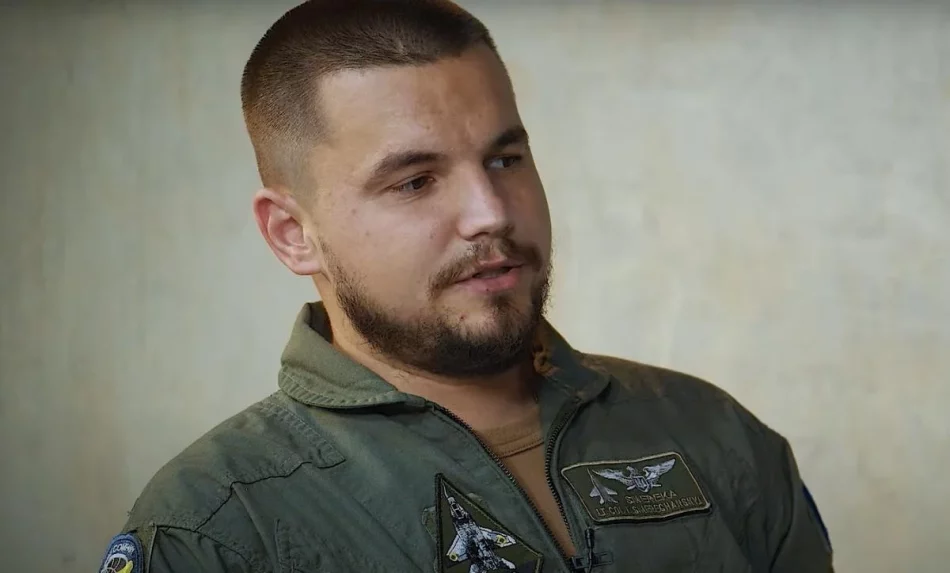Attack on Civilian Infrastructure Deepens Humanitarian Crisis
KYIV, Ukraine — In one of the deadliest assaults since Russia’s full-scale invasion began, Moscow launched a barrage of over 50 missiles and 100 drones targeting civilian infrastructure across Ukraine on the night of September 6, 2025. The attack, reported by local outlet DROBRO, left at least 20 civilians dead, dozens injured, and thousands without power, prompting fierce condemnation from the West and renewed calls for tougher sanctions against the Kremlin.
Scale of the Assault and Its Toll
According to Ukrainian authorities, the Russian strikes hit energy facilities, residential buildings, and transportation hubs in cities including Kyiv, Kharkiv, and Zaporizhzhia. The Ukrainian news agency UNIAN reported that a multi-story apartment building in Zaporizhzhia was reduced to rubble, triggering extensive rescue operations. The attacks disrupted power grids, leaving thousands in the dark as winter looms, exacerbating fears of a worsening humanitarian crisis.
Russia’s strategy appears aimed at crippling Ukraine’s energy infrastructure ahead of the cold season, a tactic that Ukrainian officials have labeled as “terror against civilians.” “This is not just war; it’s a deliberate attempt to break our people,” a government spokesperson told UNIAN. Local volunteers and emergency services are working around the clock, but the scale of destruction has strained resources, with hospitals and shelters struggling to cope.
Western Response and Global Outcry
The United States, European Union, and NATO swiftly condemned the strikes as violations of international law. President Joe Biden pledged to expedite deliveries of air defense systems, including additional Patriot batteries, to bolster Ukraine’s defenses. EU leaders, per Reuters, are set to hold an emergency meeting to discuss new sanctions targeting Russia’s energy sector, a key financial lifeline for its war machine.
On platforms like X, Ukrainian activists and global commentators amplified calls for action. “Sanctions aren’t enough—Ukraine needs weapons to stop these attacks now,” one widely shared post read. The assault has reignited debates about the adequacy of Western support, particularly as political shifts in key allied nations raise questions about sustained aid. The international community faces growing pressure to move beyond rhetoric to decisive measures.
Ukraine’s Resilience and the Road Ahead
The September 6 attack underscores Ukraine’s urgent need for enhanced air defenses and global solidarity. As Kyiv braces for a grueling winter, officials are rallying citizens to support relief efforts, with communities across the country organizing fundraisers and aid deliveries. “Every missile that hits our cities only strengthens our resolve,” Ukraine’s defense minister told UNIAN.
Despite the devastation, Ukraine’s spirit remains unbroken. From the historic streets of Drohobych to the war-torn east, civilians and soldiers alike are standing firm. For the international community, the challenge is clear: will words of condemnation translate into actions that halt Russia’s aggression?
